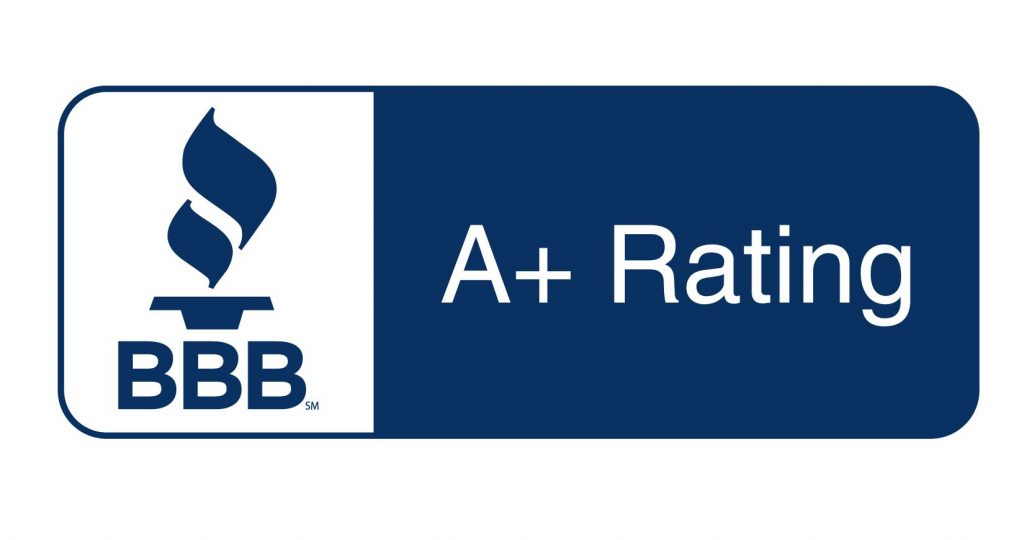Medicare Late Enrollment Penalties – We hate seeing our clients getting stuck with Medicare penalties, especially since they’re avoidable. But you can’t prevent something if you don’t know it exists. So today, we’re going to discuss the three types of late enrollment penalties and how to avoid them.
Part A Penalty
The Part A penalty is not very common, but you should still be aware of it.
Most people are eligible for premium-free Part A. If you have worked and paid taxes for ten years (or 40 quarters), you will not pay a premium for Part A. In 2023, the premium for Part A is either $278 or $506, depending on how many quarters you have contributed.
If you qualify for premium-free Part A, you won’t pay a late enrollment penalty. However, if you do not qualify for premium-free Part A and choose to postpone Medicare enrollment, you will be penalized as soon as you do enroll. The penalty is an additional 10% of your monthly premium. If we use the 2023 maximum premium, this means your monthly payment would be about $556.60 per month! This higher premium must be paid for twice the number of years you delayed enrollment.
How to Avoid the Part A Penalty
You can delay Part A enrollment if you or your spouse has other creditable insurance. (More on that in a moment.) If you don’t qualify for premium-free Part A, but have creditable insurance, it might be a good idea to postpone enrollment.
There are some Medicare Savings Programs (MSPs) that will pay your Part A premium. If you qualify for one of these programs or Medicaid, it’s possible you won’t have to pay the Part A penalty.
What Is Creditable Insurance?
Your Medicare enrollment can be postponed if you have creditable coverage. Creditable coverage must offer benefits that are comparable to Original Medicare.
Most of the time, creditable coverage comes in the form of group insurance from a large employer. All group health policies from an employer who has 20 or more employees is creditable coverage. Some smaller government agencies also have creditable coverage. You should speak to your HR director or your insurance company if you are unsure if you have creditable coverage. If you confirm that you do, you can delay your Medicare enrollment as long as you have the policy.

Part B Penalty
The Part B penalty is seen more frequently than the Part A penalty. Like the Part A penalty, it applies to individuals who delay their Part B enrollment without having creditable coverage for a full 12 months or longer.
Usually, if a person is applying for Part B during the General Enrollment Period (GEP), they will end up paying a Part B late enrollment penalty. The GEP occurs from January 1 to March 31 each year and is for those individuals who do not qualify for a Special Enrollment Period (SEP). If you enroll during the GEP, coverage will begin the following month.
The Part B penalty amounts an additional 10% of your monthly premium for each of the 12-month periods you didn’t enroll in Part B and did not have creditable coverage. In 2023, the Part B premium is $164.90. With the penalty, it is $181.39 per month if you just missed one 12-month period.
Part B penalties stay with you for life, so if you delay coverage because you have other insurance, make sure it’s creditable!
Part D Penalty
This is the most common Medicare penalty, and it’s easy to understand why. We help many people make the transition to Medicare, and many of them say, “I don’t take any medications, so why do I need to enroll in Part D?” Simply put, you need to enroll so you won’t be penalized.
The Part B penalty will apply for the same reasons as Part A and Part B. You’ll incur this penalty if you do not sign up as soon as you are eligible unless you have other creditable coverage. However, the “creditable coverage” definition is a little different for Part D.
Creditable Coverage for Part D
Fortunately, prescription plans are usually creditable. The plan must meet four requirements to be deemed creditable.
- It must pay at least 60% of the prescription costs;
- It must cover generic and brand-name prescriptions;
- It must offer a variety of pharmacies; AND
- It cannot have a benefit cap amount, OR it must have a low deductible.
The Part D penalty does not only apply to stand-alone Part D plans. It also applies to those who enroll in a Medicare Advantage (Part C) plan with prescription drug coverage. In this case, the penalty will apply if the individual did not have creditable coverage for more than 63 days.
The late enrollment penalty is considered part of the monthly premium in either case. If you pay the premium and not the penalty, you will be disenrolled from your plan.
If an individual qualifies for the national Extra Help program, the Part D penalty is waived.
Don’t let these penalties happen to you. If you are turning 65 soon, give our team a call. We can answer questions you have regarding your initial enrollment. There are many things to consider when making this decision, so chat with us to make sure you’re on the right track.





